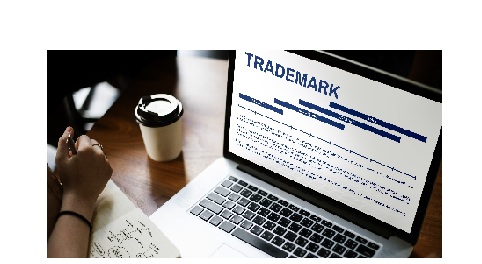In a recent development to India’s intellectual property jurisprudence, the apex court has just weighed into one of the country’s largest trademark related disputes in the case of Lifestyle Equities C.V. v Amazon Technologies Inc. Initially, the Delhi High Court under its single bench initially award damages of approximately INR 340 crores against Amazon for the alleged trademark infringement. However, this award was stayed by the division bench of the Delhi High Court, and later came before the Supreme Court, who noted certain procedural lapses which has led to a stay on enforcement of the damages decree.
Lifestyle Equities C.V., who is the registered proprietor of the “Beverly Hills Polo Club” mark, filed a suit before the Delhi High Court alleging trademark infringement by Amazon Technologies Inc and its Indian affiliates. Their primary contention was that in Amazon’s Indian marketplace, any third party seller was permitted to list and sell products which bear the logo of Beverly Hills Polo Club, without any proper authorization obtained from the brand itself. Amazon was acting both as an intermediary and owner of private-label “Symbol” which used a logo nearly identical of BHPC’s logo.
Tracing the evolutions of the case
1. Single Judge’s ruling -
In February 2025, Justice Prathiba M. Singh had ruled in favor of Lifestyle Equities. Justice Pratibha elaborated on the concept of ‘e-infringement, noting how IP owners face huge challenges with the upcoming of E-commerce platforms- who, while making products and services more easily available have given birth to this new species of infringement. Following this, the Court ruled that Amazon’s “Symbol” logo and their failure to prevent unauthorized listings would amount to infringement and a disregard of the plaintiff’s trademark rights.
Accordingly, the court awarded INR 340 crore in damages and a permanent injunction restraining Amazon from using or facilitating the use of the BHPC mark or any logo which would be deceptively similar, and removal of all infringing listings from its online marketplace.
- Stay from the Division Bench - Amazon appealed this before a Division Bench of the Delhi High Court consisting of Justice Harishankar and Justice Ajay Digpaul, who found prima facie merit in Amazon’s procedural objections. It was found that no affidavit of service had been filed after March 2021, and Amazon had not been given a fair opportunity to defend itself. The Division Bench found that mere service of papers by Lifestyle could not be seen as a valid summons, and Amazon being proceeded against ex-parte was not in line with provisions under the Code of Civil Procedure, 1908. The Judges also noted that in a plaint, it is required that both the claim and basis are sufficiently asserted, and mailing of documents/ plaint will not be considered as a service of summons. Recognising these lapses, the Division Bench granted an unconditional stay on execution of the 340 crore damages order pending a full hearing on the merits.
2. Intervention from the Supreme Court
After the stay on the award enforcing damages, Lifestyle Equities approached the Supreme Court of India. However, on October 7, 2025, a Supreme Court Bench comprising of Justices J.B Pardiwala and K.V Viswanathan dismissed the appeal, thereby upholding the interim stay of the Delhi High Court.
The apex court underscored that valid summons is a foundational requirement for any judicial proceeding. The Supreme Court reiterated that a court’s jurisdiction over a respondent depends fundamentally on a valid service of summons, and without proper service, the court cannot acquire jurisdiction. Amazon had not been duly served or given an opportunity to contest the case on merits, which was found to amount to a denial of due process. Other procedural lapses included the fact that the enhancement of the damages claim from a modest INR 2 crore to approximately INR 340 crores was done without any amendment to the plaint and without service of the written submissions on Amazon that contained this increased claim. The Court emphasised that under Order VII Rule 2 of the CPC a plaintiff must clearly state in the plaint the relief claimed. The Supreme Court found no basis either in the pleadings or evidence for the massive increase in damages.
The Supreme Court also clarified that under Order VLI Rule 5 of the CPC, deposit or furnishing of security is not mandatory for stay of execution of a money decree. It was highlighted that even in those cases where significant monetary awards or large scale infringement was alleged, procedural fairness could not take a back seat, and fundamental principles of natural justice and fair hearing cannot be bypassed.
Conclusion
The Delhi High Court’s ruling recognized how intermediaries, such as popular e-commerce websites like Amazon, may incur liability when they exercise control or benefit from infringing listings. However, the Supreme Court’s order came forth highlighting that procedural fairness would supersede expediency. Even a compelling case of infringement cannot override the requirements of valid service, a fair hearing from both parties, and due representation. As the matter now returns to the Delhi High Court for a full hearing on the merits, we look forward to observe the balancing of the scales on how enforcement of trademark rights will have to be posed against procedural disciplines of law.
Author - Nitin Thomas Associate




